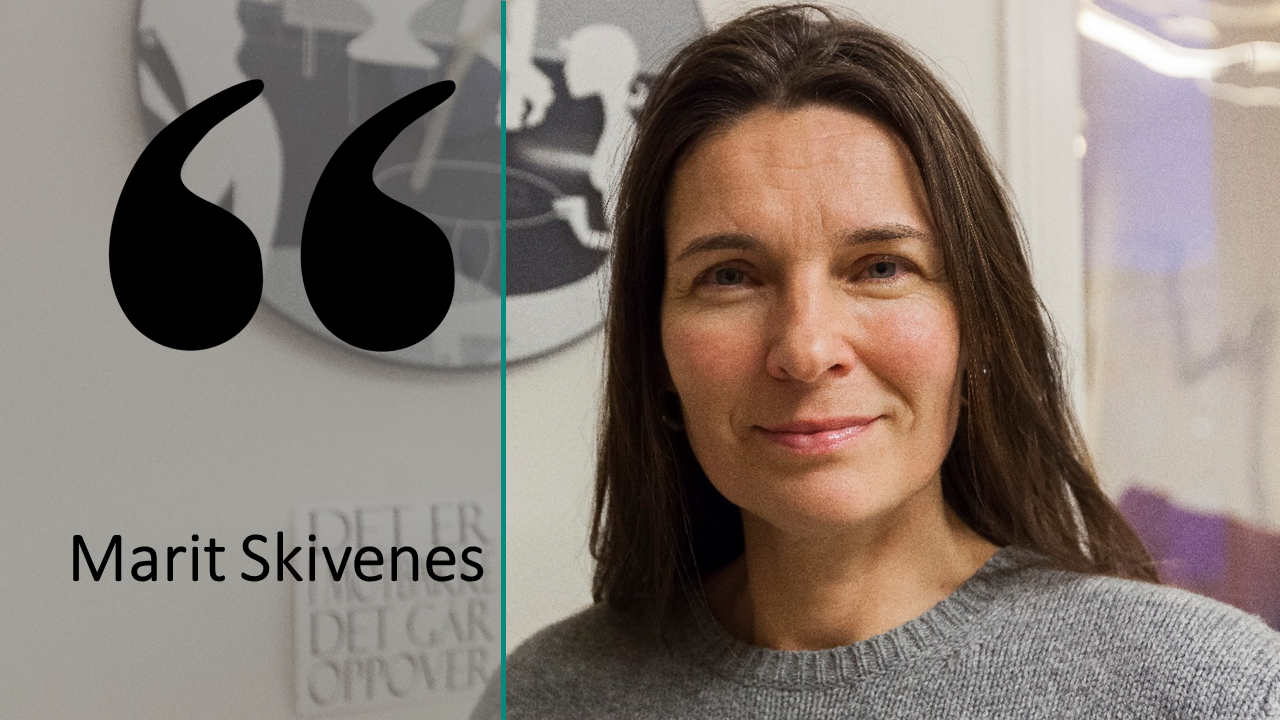BLOG: Citizens’ groups are challenging children´s rights and the child protection system.
Norway´s hidden scandal was the title of a BBC news report in 2018 that gained attention across Europe, echoing the harsh criticism from citizen groups and religious- and ultra conservative groups of the Norwegian child protection system and their protection of children´s rights. At the same time, Norway is consistently ranked high on all types of measures on child rights and child wellbeing, as well as on the Sustainable development goals for children.
The critics question the legitimacy of the child protection system and children´s rights, while simultaneously expressing a huge mistrust in national legal institutions and the normative foundations of the Nordic welfare state model. The mobilization against the Norwegian child protection system is but one piece of a larger picture of mistrust in governments, politicians and the understanding of social and political movements in modern societies.
There are new organizations and accountability mechanisms in place, such as “Citizen Go” that is “a community of active citizens who work together, using online petitions and action alerts as a resource, to defend and promote life, family, and liberty.” (https://www.citizengo.org/en/about-us).
The strong child centrism in Norway challenges traditional family values and parental rights
Recent decades have brought children on to the agenda in new ways, and we observe that children in many societies are increasingly regarded as individuals with separate interests and rights as laid out in the worldwide ratified Convention of the Rights of the Child.
The strong child centrism in Norway challenges traditional family values and parental rights – the natural order – and creates resistance and protests. What is clear is that there is a mistrust in the Norwegian system that is profound, and this raises questions about the legitimacy of the system as well as the Nordic welfare state principles of solidarity and equal rights to an open future for individuals.
There is an acute need for knowledge about how the meaning formation in societies and the public debates are influenced and changed by the mobilization, and what role, if any, this has for the legitimacy of welfare state policies. Although we do not have a good grasp on what this criticism and uproar against the Norwegian system actually is an expression of, we still have to engage and ensure that the knowledge we have about the child protection system are used to inform the public debates.
For examples, when international rankings and cross-country research shows that the Norwegian system holds a high standard of rule of law and due process compared to other systems and to objective legal standards, this is important to communicate. Also, in the new era of non-editorial debates that takes place on social media platforms, the politicians and governments must meet criticism and protests with arguments, facts and information.

